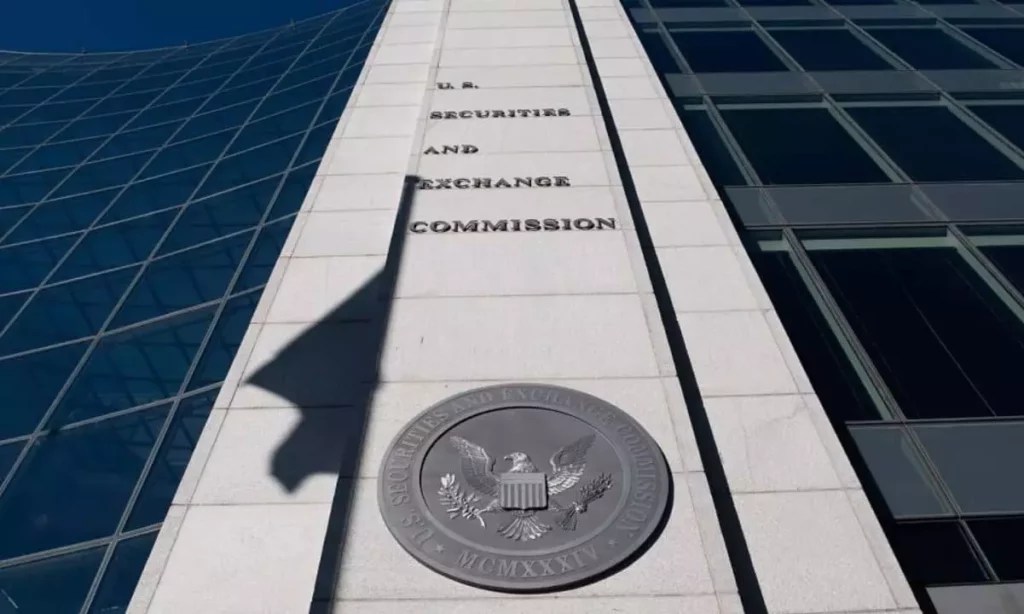In the ever-evolving landscape of cryptocurrency regulation, recent actions by the Securities and Exchange Commission (SEC) have sparked significant contention, particularly among Republican lawmakers. Led by Representatives Patrick McHenry and Senator Cynthia Lummis, these officials have taken a firm stance against the SEC’s Staff Accounting Bulletin No. 121 (SAB 121), prompting a call for its rescission. The critique surrounding SAB 121 centers on various operational and procedural concerns, reflecting deeper implications for the crypto custody industry as a whole.
A cornerstone of the lawmakers’ argument is the assertion that the SEC enacted SAB 121 without sufficient consultation with essential regulatory bodies or adherence to established rulemaking processes. They indicate that this lapse not only breeds confusion among market participants but also poses risks to consumers who utilize these custodial services. SAB 121 mandates that custodians of digital assets recognize liabilities on their balance sheets, equating them to the fair market value of the crypto assets. However, this requirement significantly departs from traditional accounting practices. Critics argue that such a divergence can lead to an inaccurate portrayal of custodians’ financial positions, ultimately jeopardizing consumer interests.
The lawmakers’ request for the SEC to rescind SAB 121 is firmly grounded in the premise that regulatory agencies must engage in transparent and participatory rule-making. By failing to do so, they argue the SEC has infringed upon customary protocols that are designed to ensure fair and equitable treatment of all market players. This contention is underscored by the belief that the agency’s decision to classify SAB 121 as mere staff guidance—rather than a formal regulation—was an inappropriate maneuver that sidestepped the necessary formalities of the Administrative Procedure Act (APA).
An additional layer of complexity is added by a ruling from the Government Accountability Office (GAO) which classified SAB 121 as a “rule” under the Congressional Review Act, contradicting the SEC’s characterization of it as merely guidance. This classification suggests that SAB 121 should have undergone a more rigorous analytical and public scrutiny process, which was bypassed. The lawmakers’ contention reflects a broader call for accountability within regulatory practices, advocating for equal treatment across the custodial landscape. The SEC’s alleged preference for selective financial institutions, wherein certain entities were granted exemptions from SAB 121, raises serious ethical questions.
Critics have spotlighted BNY Mellon’s exemption from SAB 121 as emblematic of a troubling trend where the SEC may be favoring specific players within the crypto custody space. Timing is critical, as BNY Mellon started accepting crypto deposits in 2022, yet struggled with compliance concerning the burdensome stipulations of SAB 121. The SEC’s alleged special treatment for this institution has not only been perceived as favoritism but also as a violation of the principle that regulatory standards should apply uniformly across the board.
The GOP lawmakers have rightfully criticized the lack of transparency in how the SEC applies SAB 121 and grants exemptions. This perceived inconsistency has caused concern about the integrity of investor protections within the crypto space. Investors depend on regulatory frameworks to provide clarity regarding the status and reliability of financial entities, and any inconsistency can hinder the credibility of these safeguards. The perception that certain institutions are receiving preferential treatment diminishes the overall trust in regulatory oversight and the crypto market’s legitimate growth potential.
Senator Lummis and her colleagues have articulated a belief that the SEC’s discretionary powers should not extend to “picking winners and losers” within the custodial market. They argue that the enforcement of modulated interpretations of SAB 121 undermines the SEC’s mission of fostering fair and transparent financial markets. The concerns raised reflect an urgent need for regulatory bodies, like the SEC, to re-evaluate their processes and ensure that all market participants are held to the same standards.
As the debate continues, it becomes increasingly apparent that the decisions made by the SEC will have far-reaching consequences not only for cryptocurrency regulation but also for the overall evolution of financial accountability and consumer protection in an increasingly digital marketplace.


















Leave a Reply